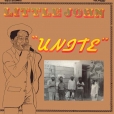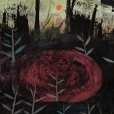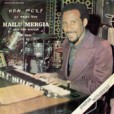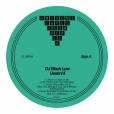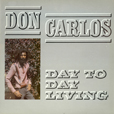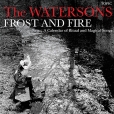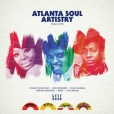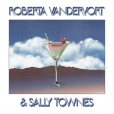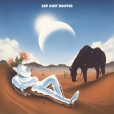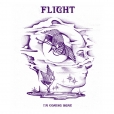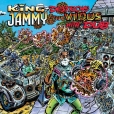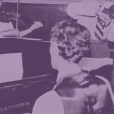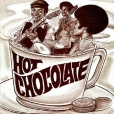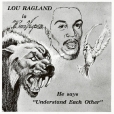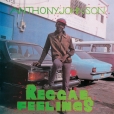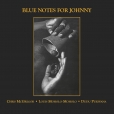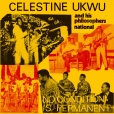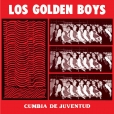Your basket is empty

Brecht Ameel playing prepared harmonium and celesta, alongside Kim Delcour modulating air and breath via various wind and reed instruments; joined by Will Guthrie on tuned and melodic percussion (timpani, glockenspiel, marimba, vibraphone), and Paul Garriau on hurdy-gurdy.
‘With a distinct rhythmic impetus and fluidity new to Razen, and characteristic freshness and playfulness, Regression relays between dire inhospitableness and refuge, abject sorrow and cosmic transcendence. It invokes mythology and superstition as keys to the primeval and the unknown.’
Startlingly hot, raw, late-sixties funk and soul scorchers by this Arkansas band, named after the Stevie Wonder song, but evidently inspired by James Brown. Mostly out here for the first time, so this is terrific work by AOTN, who says it’s maybe the best LP they’ve released so far.
Warmly recommended.
‘An innovative and deeply moving blend of spiritual jazz and South Asian devotional music’, with contributions from Esperanza Spalding, Vijay Iyer, Shabaka Hutchings, Immanuel Wilkins…
‘Recorded in mid-1987 by a trio of Blue Notes — Dudu Pukwana, Louis Moholo-Moholo, Chris McGregor — as a memorial to their former bandmate Johnny Dyani, on the group’s twenty-fifth anniversary.
‘The final Blue Notes studio recording, For Johnny shuffles in a considerably broader range of touchstones than For Mongezi, nodding toward the band’s foundations in be-bop and post-bop without forgetting their journey onwards, including modal jazz, and free improvisation.
‘It is a startling creative statement, imbued with a tension that poses an equally radical and sophisticated challenge, like a furious tide masquerading in gentler forms, slowly revealing itself.
‘A celebration and a memorial. Joyous and tragic. A real time resurrection of personal experience, Blue Notes For Johnny dodges, dances, and mutates across its two sides, refusing to be nailed down. As the three musicians push against each other, bristling tonal and rhythmic collisions suggest something is bound to explode, without ever fully letting go.’
A compilation of the deepest and most affecting songs by The Philosophers National from Nigeria, beginning in the 1970s. Lilting, multi-layered, pulsing music, with muted trumpet solos, mesmerising guitar runs, driving percussion, and concise and clear-eyed lyrics sung so beautifully by Celestine Ukwu.
‘Celestine ditched the jaunty dance rhythms and relatively facile lyrics typical of the reigning highlife tunes, and ignoring the soul music tropes most of the highlife bandleaders were appropriating in an effort to inject new life to their ailing format. Instead Celestine concocted a new highlife style that was more contemplative and lumbering; with the layering of Afro-Cuban ostinato basslines and repetitive rhythm patterns that interlocked to create an effect that was hypnotic, virtually transcendental. Meanwhile, Celestine himself sang as he stood coolly onstage in a black turtleneck and a sportscoat, looking like a university professor. The message was clear: this was not necessarily music for dancing—even though the rhythms were compelling enough. This was music for the thinkers’ (Uchenna Ikonne).

